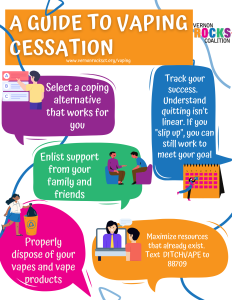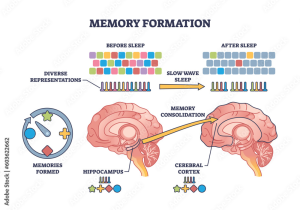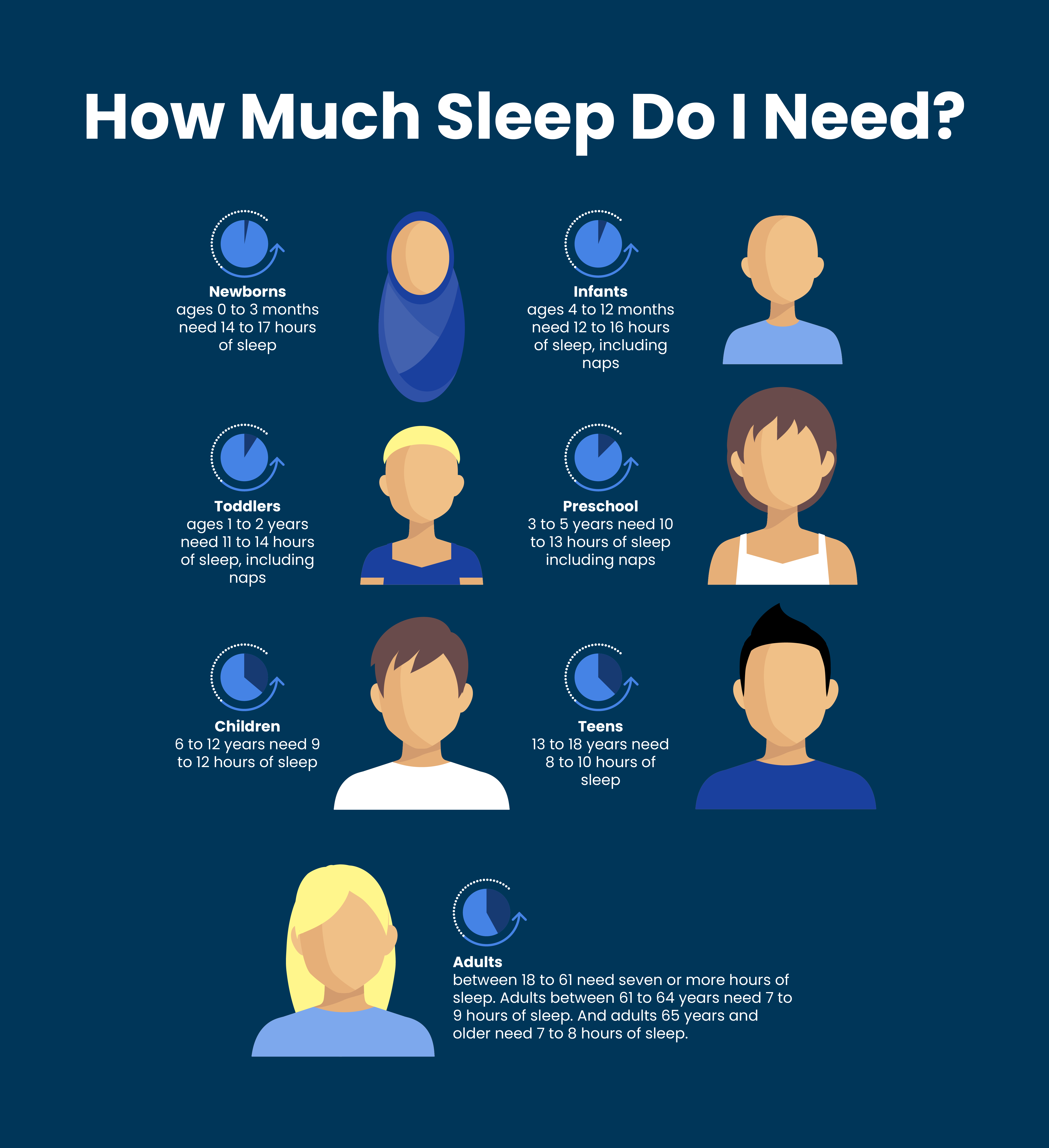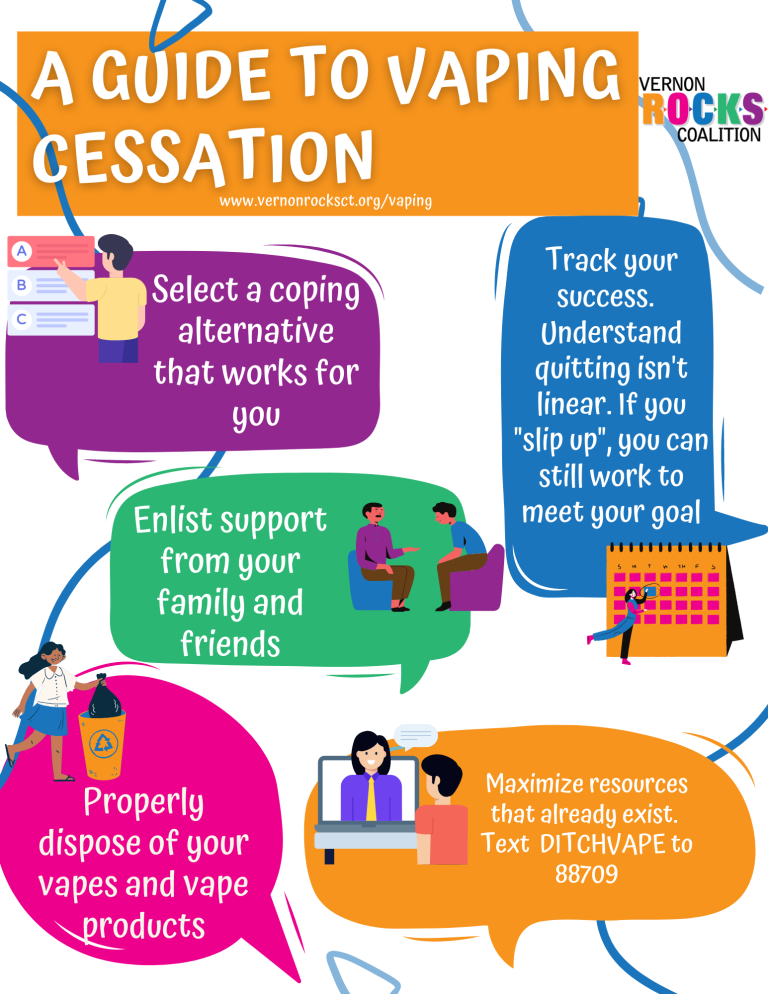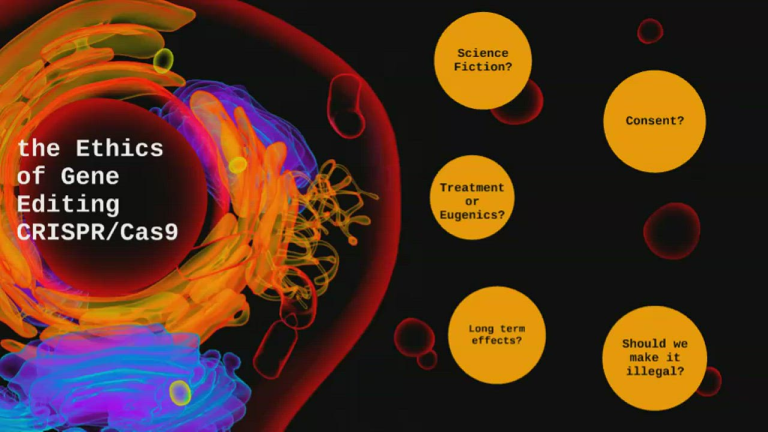How much sleep do you need? This fundamental question varies from person to person and underscores the importance of understanding your individual sleep needs. Experts suggest that assessing your sleep quality over several days without the interference of an alarm clock can reveal the amount of rest your body truly requires. Achieving the right amount of sleep not only enhances overall well-being but also mitigates issues like insomnia. If you find yourself waking up consistently fatigued, exploring professional sleep doctor advice and potential solutions to improve sleep might be your next best step.
Sleep requirements can differ dramatically, making it essential to consider personal rest demands. The journey to understanding your optimal nightly rest can involve simple observations about your natural sleep patterns and habits. Engaging in practices that enhance sleep quality may be crucial for those struggling with sleeplessness or insomnia. Moreover, utilizing insights from healthcare professionals can offer viable insomnia solutions tailored to individual circumstances. By focusing on how our bodies signal rest and relaxation, we can better navigate our sleep landscapes.
Understanding Individual Sleep Needs
Determining how much sleep you need is a personal journey and can vary significantly from person to person. Many experts suggest that one effective way to gauge your sleep requirement is to observe how much rest you naturally gravitate towards in the absence of external prompts, such as alarm clocks. After a few days where you allow your body to wake up naturally, you may find that this duration typically reflects your actual sleep necessity. This introspective method provides deep insights into your unique sleep patterns, enabling you to enhance both your sleep quality and overall wellbeing.
However, it is crucial to remember that not everyone can achieve their ideal sleep duration consistently. Factors such as work schedules or family responsibilities may interfere with your ability to get the sleep you need. If you often find yourself waking up feeling fatigued even after several hours of sleep, it may be time to consult a sleep doctor. This could indicate underlying sleep disorders, including insomnia or sleep apnea, that require professional evaluation and tailored insomnia solutions.
Tips for Improving Sleep Quality
Improving your sleep quality is not merely about increasing the number of hours you spend in bed; it involves establishing a conducive sleep environment and optimizing your pre-sleep routine. For instance, implementing a calming bedtime ritual, such as reading a book or listening to soothing music, can signal to your body that it’s time to wind down. Additionally, steering clear of screens and stimulants like caffeine before bed can significantly reduce insomnia symptoms and enhance your overall sleep quality.
If you still face challenges in getting quality sleep, consider practical solutions like sleep podcasts or sound machines, which can help foster a more relaxing atmosphere for sleep. Many people find that these aids create a soothing background noise that helps them drift off to sleep more easily. Ultimately, personal experimentation is key — explore various strategies, and don’t hesitate to consult a sleep specialist for more tailored sleep doctor advice.
Recognizing When to Seek Professional Help
If you’re struggling with sleep issues consistently, it may be a sign that professional help is necessary. Waking up frequently during the night or not feeling rested after what should be a sufficient amount of sleep can indicate deeper issues that go beyond simple insomnia. Symptoms such as excessive daytime sleepiness or difficulty concentrating could point to serious sleep disorders like narcolepsy or sleep apnea, which require intervention from a sleep doctor.
Furthermore, don’t ignore complaints from a bed partner—loud snoring or unusual movements during sleep can also be indicative of sleep disorders that need to be addressed. Consulting a professional can open up a variety of insomnia solutions tailored specifically to your needs, ranging from cognitive behavioral therapy to potential medical interventions, aimed at restoring your healthy sleeping patterns.
The Role of Sleep Supplements
Many people consider sleep supplements, like melatonin, to help improve their sleeping condition. However, it’s essential to approach these options with caution. Unlike conventional medications, sleep supplements are not strictly regulated by the FDA, meaning their efficacy and purity can vary. If you choose to explore melatonin or alternative sleep aids, it is advisable to seek pharmaceutical-grade options to ensure safety and effectiveness.
Moreover, while some may find temporary relief from sleeping pills such as benzodiazepines, they are typically not recommended for long-term use due to potential dependency and side effects. A better approach for many individuals is to consider cognitive behavioral therapy (CBT) for insomnia, which focuses on altering thoughts and behaviors that contribute to sleep problems. This long-term solution has proven effective for many struggling with sleep-related issues.
Designing Your Ideal Sleep Environment
Creating a sleep-friendly environment is vital to improving your sleep quality. Your bedroom should be dark, cool, and quiet, allowing your body to unwind and prepare for rest. Consider investing in blackout curtains, earplugs, or white noise machines to eliminate disturbances that could disrupt your sleep cycle. Such adjustments can help create a sanctuary that invites relaxation and readiness for sleep.
Remember, comfort also plays a significant role. Ensure that your mattress and pillows support your body well, as poor sleeping surfaces can contribute to discomfort and exacerbate sleep issues. Just like kids benefit from a calming pre-sleep routine, adults too should establish a comforting atmosphere that makes falling asleep easier.
The Importance of Consistent Sleep Schedules
Maintaining a consistent sleep schedule is one of the simplest yet most impactful strategies for improving sleep quality. By going to bed and waking up at the same time every day, including weekends, your body can regulate its internal clock more effectively. This regularity promotes a more predictable sleep-wake cycle, which is essential for achieving restorative sleep.
Moreover, consistency can help mitigate insomnia symptoms and improve overall sleep hygiene. If you find it challenging to adhere to a strict schedule, try gradually adjusting your bedtime and wake time by just 15 minutes at a time until you reach your desired routine. The aim is to allow your body to adapt naturally, making it easier to fall asleep and wake up feeling refreshed.
Calming Pre-Sleep Rituals to Enhance Sleep
Implementing calming pre-sleep rituals can significantly enhance your ability to drift into a restful night’s sleep. Engaging in relaxing activities like gentle yoga, meditation, or reading can help signal to your brain that it’s time to unwind. The key is to establish a routine that feels comforting and prepares your body physically and mentally for sleep.
Furthermore, keep the lights dim in the evening and turn off electronic devices at least an hour before bedtime. The blue light emitted from screens can interfere with the body’s natural production of melatonin, making it harder to fall asleep. Creating a calming ambiance can foster an environment conducive to sleep, ultimately improving both sleep quality and duration.
Identifying and Managing Sleep Disorders
Identifying and addressing potential sleep disorders is paramount for those experiencing chronic sleep issues. Conditions like sleep apnea or restless leg syndrome can undermine sleep quality, leaving individuals feeling exhausted despite seemingly adequate hours of sleep. Consulting with a doctor specializing in sleep medicine is crucial if you suspect you may have a sleep disorder.
Once diagnosed, several management strategies can help, ranging from lifestyle adjustments to prescribed treatments. For instance, using a continuous positive airway pressure (CPAP) machine can provide relief for those with sleep apnea. Early intervention can lead to significant improvements in daily functioning and overall health, making it essential to prioritize proper evaluation and treatment.
Embracing Napping as a Sleep Strategy
Napping effectively can be a powerful strategy to augment overall sleep, especially for individuals who work unconventional hours or experience sleep deprivation. Short naps, ideally between 20-30 minutes, can enhance alertness and cognitive function without interfering with nighttime sleep if timed correctly. It’s vital to approach napping strategically to avoid disrupting your sleep-wake cycle.
Incorporating naps into your daily routine can offer refreshing breaks that rejuvenate your mind and body, particularly during challenging times. However, be mindful not to nap too late in the day, as this may set back your nighttime sleep. By balancing naps with your overall sleep strategy, you can optimize your rest and improve your sleep quality.
Frequently Asked Questions
How much sleep do you need for optimal health?
How much sleep you need varies by individual, but generally, most adults require about 7 to 9 hours of sleep per night for optimal health. If you wake up refreshed and alert without needing an alarm clock, you’re likely meeting your sleep needs.
What factors influence how much sleep you need?
Your sleep needs can be influenced by age, lifestyle, stress levels, and overall health. Adults typically need 7-9 hours, while teenagers may require 8-10 hours, and younger children need even more. If you find yourself feeling tired even after a full night’s rest, consider consulting a sleep doctor for advice.
How can I improve sleep if I feel I’m not getting enough?
To improve sleep quality, focus on establishing a bedtime routine, avoid caffeine and electronics before bed, and create a comfortable sleep environment. Strategies like cognitive behavioral therapy for insomnia (CBT-I) can also help address deeper sleep issues.
Is it normal to need different amounts of sleep on different days?
Yes, it’s normal to need varying amounts of sleep on different days depending on your activities, stress, and overall health. If you consistently feel fatigued despite regular sleep durations, you may need to evaluate your sleep quality or consult a healthcare professional.
What should I do if I wake up frequently during the night?
If you find yourself waking up frequently at night, it could be a sign of a sleep disorder like sleep apnea or insomnia. It’s advisable to consult a sleep doctor to explore potential solutions and improve your overall sleep quality.
How might insomnia solutions vary for different individuals?
Insomnia solutions are not one-size-fits-all. What works for one person may not work for another due to varying sleep needs and underlying issues. Effective strategies often include lifestyle changes, therapy, or medications, tailored to individual circumstances.
Can naps help if I’m not getting enough sleep at night?
Yes, short naps can be beneficial if you’re not getting enough sleep at night, especially for those working night shifts. However, try to limit naps to 20-30 minutes to avoid interfering with your nighttime sleep quality.
What is the best way to determine how much sleep you need?
To determine how much sleep you need, monitor your sleep patterns over a few days without an alarm clock. Take note of how you feel upon waking; this is a good indicator of your true sleep needs.
When should I seek help from a sleep doctor?
Consider seeing a sleep doctor if you frequently experience symptoms like persistent fatigue, difficulty falling or staying asleep, waking up feeling unrefreshed, or your partner reports heavy snoring or restless behavior during sleep.
How does sleep quality relate to how much sleep you need?
Sleep quality greatly impacts how much sleep you feel you need. Even if you get the recommended hours, poor quality due to interruptions or stress can result in fatigue. Focusing on improving sleep quality can decrease the overall hours you need to feel rested.
| Key Points | Details |
|---|---|
| Individual Sleep Needs | The amount of sleep a person needs varies; a general measure is how much sleep they achieve without external alarms. |
| Indicators of Insufficient Sleep | Waking up not feeling rested may indicate sleep disorders. Consult a sleep doctor if issues persist. |
| Bedtime Routines | Establish calming pre-sleep activities similar to childhood routines to signal the body that it’s time to sleep. |
| Use of Supplements | Melatonin is not FDA regulated; seek pharmaceutical-grade products for safety. Avoid long-term use of conventional sleeping pills. |
| Alternative Sleep Aids | Sleep podcasts, sound machines, eye masks, and earplugs can be beneficial if they do not block important alarms. |
Summary
How much sleep do you need? Understanding your sleep requirements is crucial for maintaining your overall health and well-being. Sleep needs vary from person to person, and several factors can influence how much rest is necessary for each individual. If you’re not waking up feeling refreshed, despite having enough hours under your belt, it may be time to explore underlying issues or consult a sleep specialist. Establishing a regular bedtime routine, avoiding stimulants before sleep, and considering the use of calming aids can enhance your sleeping environment, allowing you to achieve the restorative sleep your body requires.
